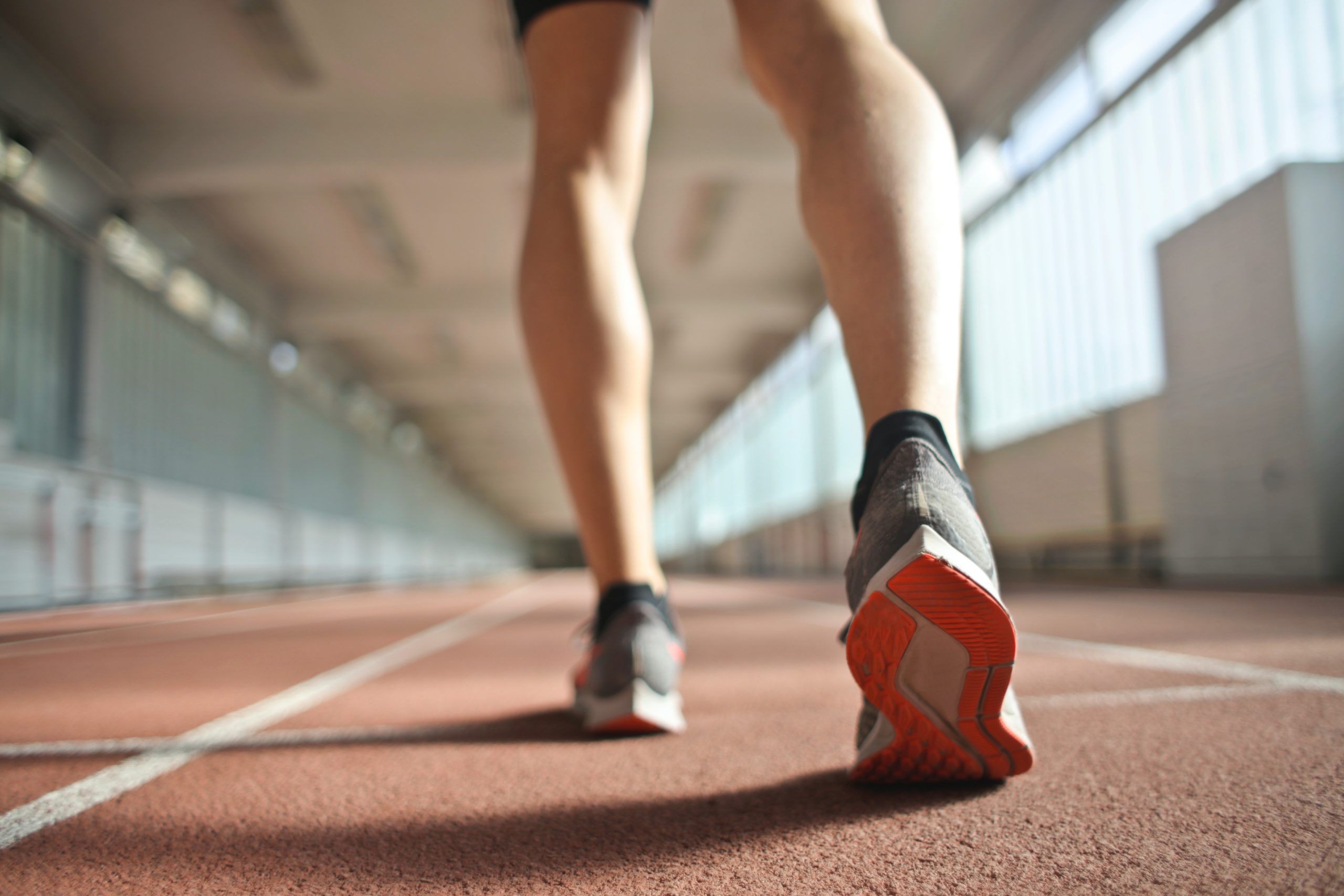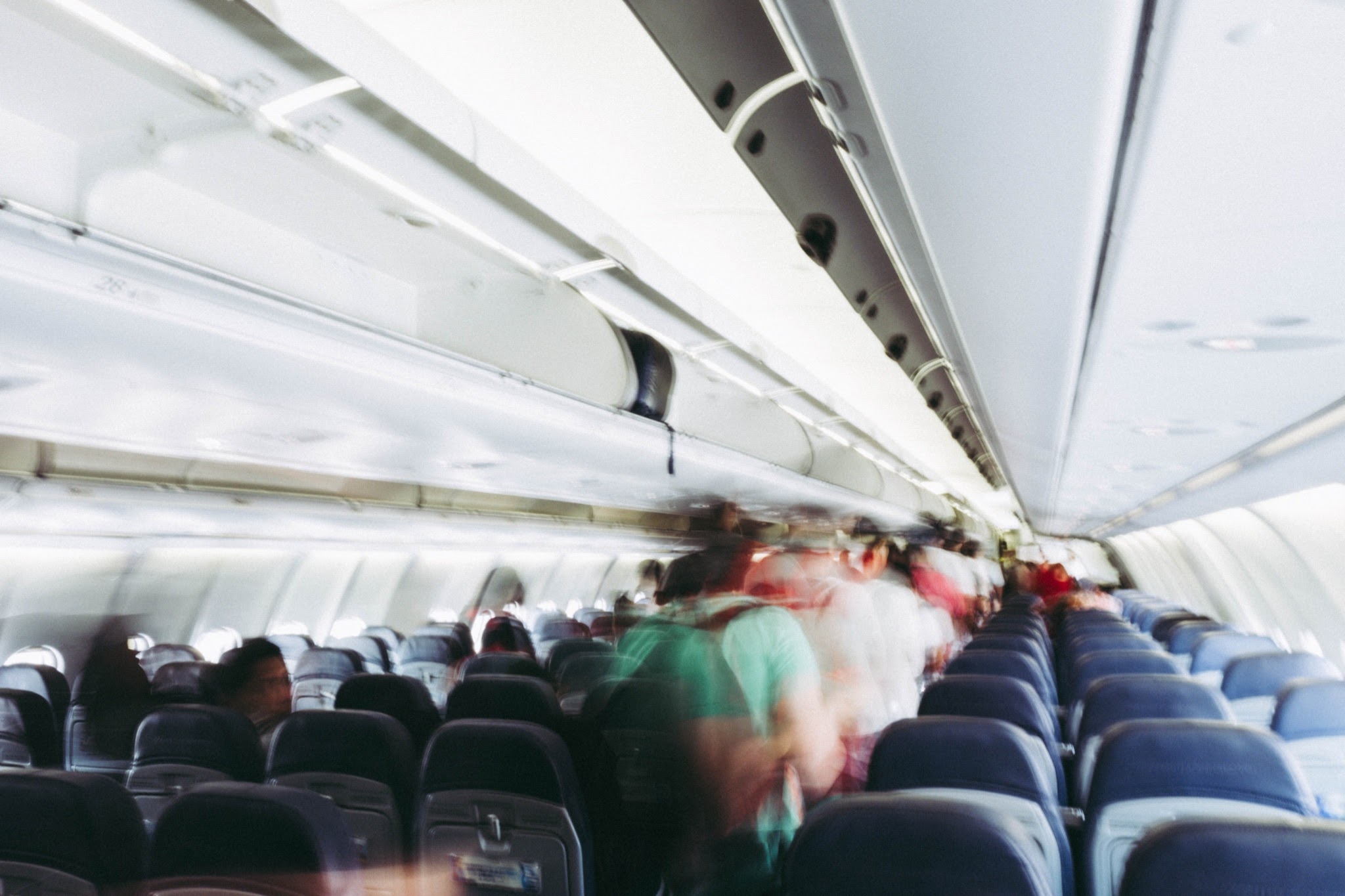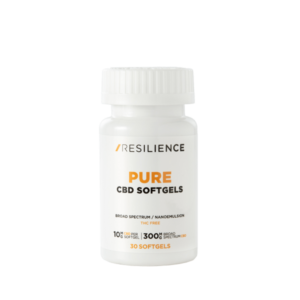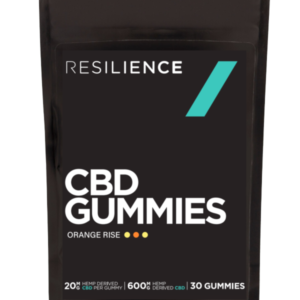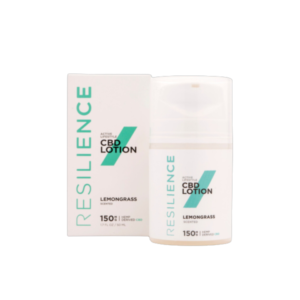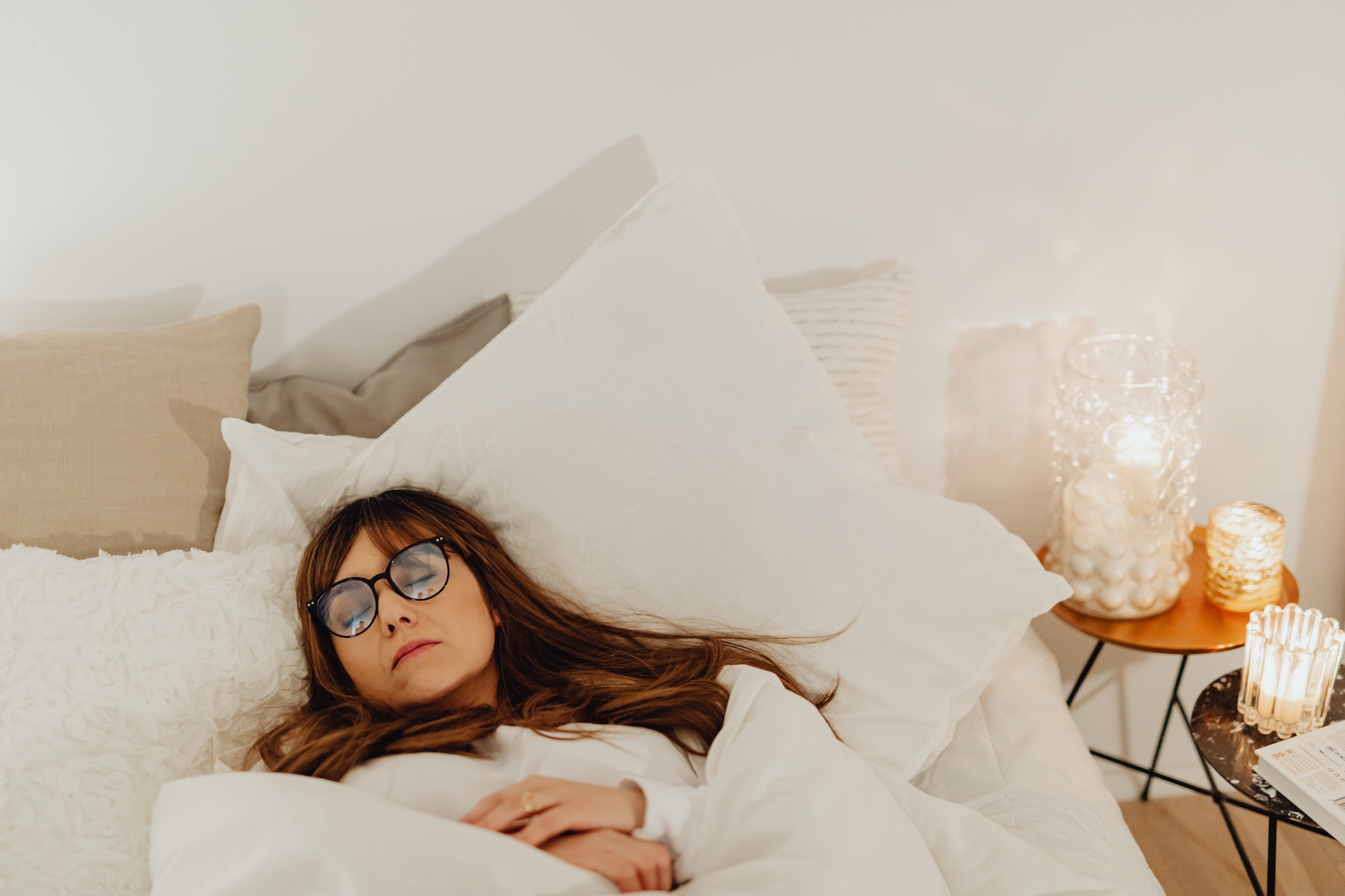
You plump your pillow, maneuver from one side of the bed to the other, and practice breathing deeply—in, 1, 2, 3, 4; out, 1, 2, 3, 4—then turn your head to the clock on your bedside table. It’s 2 a.m. and you still haven’t gotten an ounce of sleep.
When you don’t sleep restfully, everything else suffers—your concentration, energy levels, and athletic performance can all falter if you’re unable to catch those precious Z’s.
Thankfully, CBD is a catch-all when it comes to rest and relaxation. Whether you’ve learned the connection between CBD and cortisol and want to try CBD for stress management or better sleep regulation, finding the right dosage is important. However, there isn’t a one-size-fits-all rule when it comes to CBD dosage for sleep. Instead, it depends on many factors like your body composition and the quality of your CBD product, which this guide will explore.
Key Takeaways
- Factors like your body composition and lifestyle habits will affect the effectiveness of CBD. However, it’s generally recommended to take 2.5 mg/1 kg of body weight when first starting.
- To determine the best CBD dosage for you, you’ll need a little patience. Experiment with dosage to find your sleep time sweet spot.
- When purchasing CBD products to incorporate into your nightly routine, find a product that’s third-party tested to ensure you’re getting a high-quality product.
How to Determine the Right CBD Dosage for Sleep
When you’re tired, everything can feel off-kilter. That’s where CBD comes in. When ingested, CBD interacts with the body’s endocannabinoid system to help maintain homeostasis throughout the body.
And taking a few CBD gummies or placing a few drops of CBD oil under your tongue before you tuck yourself into bed may help support more restful sleep.
Generally, it’s recommended to take 300-600 mg of CBD a day to support stress management, or 2.5 mg per kilogram of body weight. However, it’ll take some time and patience before you can determine how much CBD you’ll need to sleep soundly.
The right dosage for you depends on two factors:
- Your body composition
- The CBD product you choose
Let’s take a deeper dive into the specifics.
Step 1: Consider Body Composition Factors
When incorporating CBD into your nightly routine, it’s important to understand how it may affect your body based on your composition and lifestyle choices:
- Your weight – The more you weigh, the higher dosage of CBD you might need to fully feel the effects. In contrast, individuals who weigh less may need less CBD since it takes less time to metastasize throughout the body.
- Your metabolism – The speed with which your body breaks down and uses the CBD you consume will also impact how much CBD you need to support sleep. If you have a faster metabolism, you might feel the effects more quickly but they may wear off faster too.
- Your medication(s) – Some medications can interfere with your normal sleep cycle, which, in turn, may impact the effectiveness of CBD for sleep support. If you do take regular medication, you should check with your doctor before adding CBD to your sleep routine to ensure that it’s safe for you.
- Your eating habits – If you take an edible form of CBD, like a gummy or oil, it might take longer to take effect if you have a full stomach, as it will slow digestion.
Step 2: Identify CBD-Related Factors
Next, you should also pay close attention to the CBD product you’ve chosen to incorporate, as several factors may affect the effectiveness of the supplement:
- Quality of the product – The better the quality of the CBD product, the more likely it is to be effective. CBD isn’t regulated by the FDA, which means some products may not follow through on the promises made by their label. As such, limit yourself to products that have been reviewed by a third-party lab to ensure that you’re getting what you pay for.
- CBD potency – There are three different kinds of CBD: full-spectrum CBD, broad-spectrum CBD, and CBD isolate. Of these three, full-spectrum undergoes the least processing. It retains all of the naturally occurring compounds of the plant it’s derived from, including trace amounts of THC. On the other hand, CBD isolate only contains pure CBD, ultimately making it the purest of the three.
- Amount of CBD per serving – This can get a little tricky. Some products will list the amount of CBD in the entire package, while others list the amount per serving. It’s important to make sure you’re reading the label closely so you know how many milligrams of CBD you’re taking.
- Product purpose – Different CBD products provide support for different conditions. Some topical CBD lotions may help ease joint stiffness, while CBD oils might be used to promote restful sleep.
Which CBD Products Can You Try for Sleep Support?
So, what is the best way to take CBD for sleep? Most CBD products can support a restful night of sleep and are available in the following forms:
- Topical CBD – If you have trouble sleeping because you experience joint discomfort, CBD topicals like lotion or balm may help provide some relief and keep you comfortable throughout the night.
- CBD gummies – If you’re looking for support for your overall health and wellness, then you might want to try adding a few CBD gummies to your nighttime routine. A calm and relaxed mindset is ideal before you settle in for sleep.
- CBD oils – CBD oils are placed under the tongue for fast-acting effects. They may help to refocus your mind and release tension from a stressful day. When your mind relaxes, your body can follow.
- CBD capsules – CBD capsules are formulated for rapid delivery so you can feel the effects more quickly. Because CBD and melatonin can go hand in hand, Resilience’s Rest CBD Softgels also contain melatonin to support quality sleep.
- CBD bath bombs – Sleep and recovery work hand in hand. If you find your muscles are sore after a long day, soaking in a bath infused with a CBD bath bomb might help ease your mind and some of your muscle soreness.
How to Fine Tune Your Nightly Routine
Once you’ve determined how your CBD product of choice may affect your body, depending on your weight, metabolism, medications, and eating habits, you can start to experiment with CBD dosages to find what works best for you.
Step 1: Take Notes
First, determining the right CBD oil dosage for sleep support requires that you do a little homework. Don’t worry, it’s not too tricky. To begin, you’ll want to keep a journal with notes on the following factors:
- Hours of sleep – Write down the hours of sleep you get each night. You should also make note of what time you got into bed and what time you woke up. This will help you set a consistent sleep schedule and understand how CBD is affecting your sleep.
- CBD dosage – You’ll also need to write down the CBD oil dosage you take each night. Remember, you should start with a low dosage (2.5 mg/1 kg of body weight), give your body time to adjust, and then determine if you need to up your intake to a higher dose.
- Sleep outcomes – Finally, write down how you slept each night. Did you drift off right away or stare at the ceiling for an hour? Did you wake up periodically throughout the night or did you sleep deeply from the moment your head hit the pillow?
Having this data in writing will help you make informed judgments and decisions about the best CBD dosage to take moving forward.
Step 2: Spruce Up Your Sleep Space
No amount of CBD will support your sleep if your sleeping space isn’t conducive to healthy rest. The CDC recommends making the following adjustments to your sleep environment:
- Create a dark space that blocks light from seeping into the room
- Keep your bedroom cool
- Reserve your bedroom for sleep only
- Maintain a quiet space while you sleep, using earplugs if necessary
You can also get yourself primed for sleep by curating a calming routine before bed. Quiet, relaxation time before sleep helps your brain recognize that it’s time to settle down. To that end, you can unwind by:
- Taking a warm bath
- Reading a book
- Listening to calming music
- Sipping chamomile tea
- Chewing a CBD gummy
You can also reduce the amount of time you spend scrolling through your phone before bed. The blue light emitted from your device can suppress your body’s production of melatonin, making it more difficult to drift off to sleep.
Step 3: Trial and Error
It’ll likely take time to figure out how much CBD for sleep your body requires. However, you should always start with a low dose and then increase the dose gradually as you learn how your body interacts with CBD.
Trust yourself and the process. Your sleep quality impacts other parts of your life, including your ability to manage anxiety and stress and maintain a functioning metabolism. For all athletes, there is even a direct correlation between sleep and athletic performance, so ensuring you’re taking care of any sleep problem that arises is crucial.
Perfect Your Sleep Routine with Resilience CBD
Poor sleep has a tremendous impact on everything from physical health, mental health, concentration, and more. CBD is a great way to help support you in your endeavors to achieve better sleep and take care of your body, but this involves figuring out the CBD dosage you need. There isn’t a single dosage of CBD that will work for everyone—your body composition, overall health, and the quality of CBD you buy will all play a role as you determine the sweet spot for your needs. It’s also critical that you optimize your sleeping environment and eliminate pre-bedtime distractions.
When you’re ready to incorporate CBD into your restful sleep routine, Resilience CBD is your trusted expert. Our premium CBD products come with a Label Accuracy Guarantee™ so you don’t have to lose sleep over the quality of your CBD.
Crush your goals, even in sleep, with Resilience CBD.
Sources:
Daily CBD. Factors the Affect CBD Absorption and Elimination. https://dailycbd.com/en/cbd-bioavailability/#h2-factors-that-affect-cbd-absorption-elimination-6
The Permanente Journal. Cannabidiol in Anxiety and Sleep: A Large Case Series. https://www.thepermanentejournal.org/issues/43-the-permanente-journal/original-research-and-contributions/6960-cannabidiol-in-anxiety-and-sleep-a-large-case-series.html
Discover Magazine. Yes, CBD Creams May Relieve Pain. But Science is Still Learning About the Benefits and Risks. https://www.discovermagazine.com/health/yes-cbd-creams-relieve-pain-but-science-is-still-learning-about-the-benefits
CDC. Creating a Good Sleep Environment. https://www.cdc.gov/niosh/emres/longhourstraining/environment.html
CDC. The Color of Light Affects the Circadian Rhythm. https://www.cdc.gov/niosh/emres/longhourstraining/color.htmlForbes.
CBD Dosage: How Much Should You Take? https://www.forbes.com/health/body/cbd-dosage/


